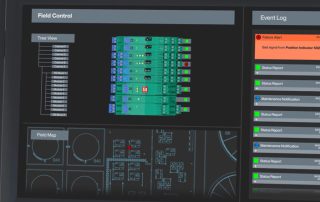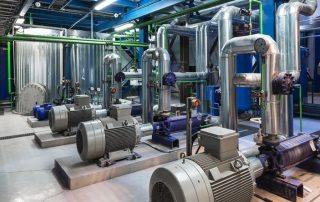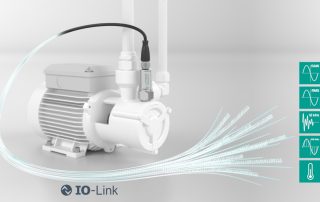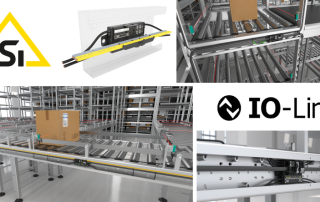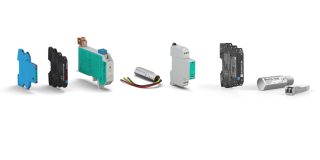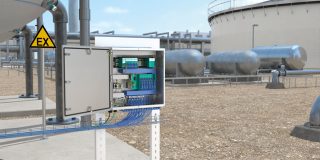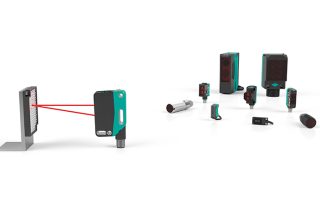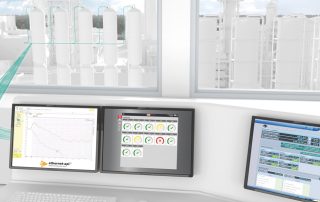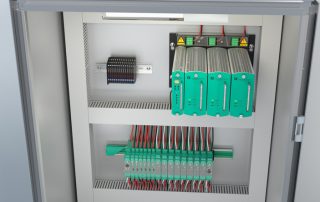Knowledge Base
Pepperl+Fuchs offers a large portfolio of devices, solutions, and technologies for a wide variety of industrial applications and explosion protection. But have you ever wondered what is actually behind certain technologies or how individual products vary from one another? In the Pepperl+Fuchs knowledge base section, we answer general questions and provide assistance on our technologies and products.
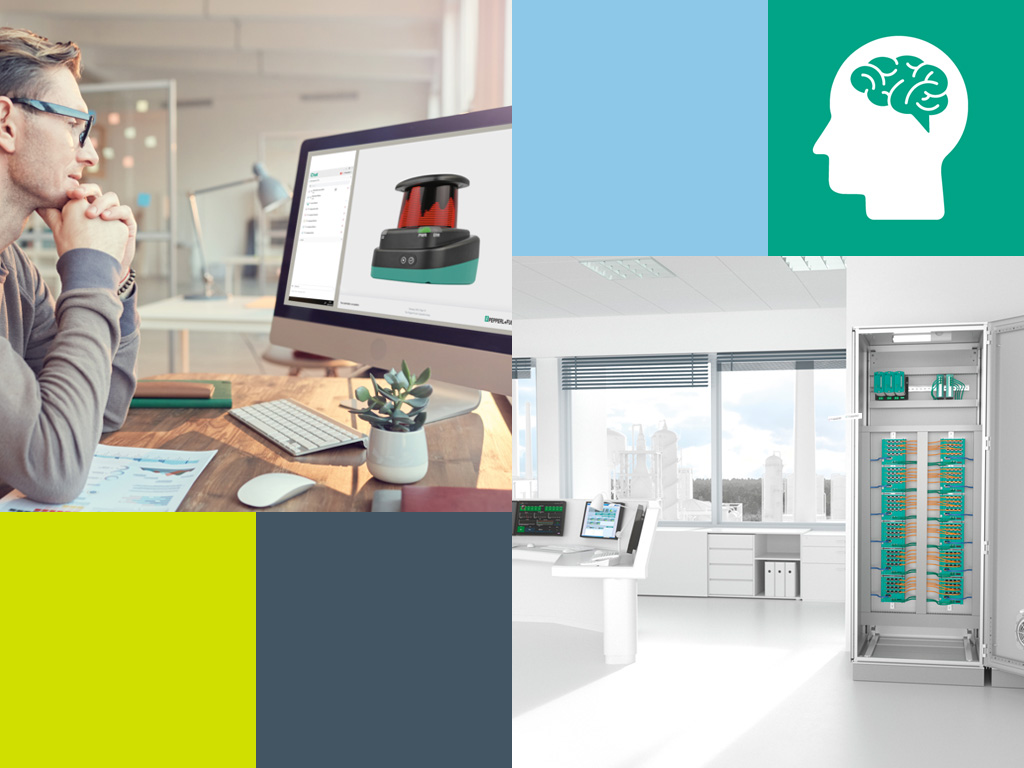
Knowledge Base
Pepperl+Fuchs offers a large portfolio of devices, solutions, and technologies for a wide variety of industrial applications and explosion protection. But have you ever wondered what is actually behind certain technologies or how individual products vary from one another? In the Pepperl+Fuchs knowledge base section, we answer general questions and provide assistance on our technologies and products.

Diagnostic Functions of Isolators Explained—Five Frequently Asked Questions
We answer five frequently asked questions about the various diagnostic functions of isolators, explain their functionality, and show why they are indispensable for reliable operation in demanding industrial environments and explosion-hazardous areas.
Power Consumption and Power Dissipation in Electronic Systems—Efficient Isolated Barriers and Power Supplies
Learn how power consumption and power dissipation affect the energy efficiency of electronic systems, and how isolated barriers and power supplies from Pepperl+Fuchs contribute to improved efficiency and higher plant availability.
Vibration Diagnostics with Raw Acceleration Data Sensors
In vibration diagnostics, there are two different methods for monitoring the performance and condition of machines: While unbalance measurement based on Root Mean Square (RMS) sensors primarily aims at general machine monitoring, frequency analysis based on raw acceleration data enables a more in-depth analysis of vibration behavior.
ASi-3, ASi-5, and IO-Link: A Comparison of Three Communication Protocols
As simple and comparatively cost-efficient wiring technologies for sensors and actuators in the field, AS-Interface and IO-Link combine high functionality, flexibility, and reliability. In this blog article, learn where to use ASi-3, ASi-5 and IO-Link, and what makes these communication protocols so special.
When Do I Use Which Surge Protector? Three Solutions at a Glance
Pepperl+Fuchs offers the right surge protection barriers for every infrastructure, whether for signal lines, supply lines, fieldbus, or Ethernet-APL applications.
Energy Efficiency and Cost Savings: PS1000 Power Supplies in Industrial Applications
Sustainable, energy-efficient production processes are becoming increasingly important in industrial applications worldwide. Learn more about the importance of the efficiency and sustainability for power supplies and how the Pepperl+Fuchs PS1000 product family contributes to it.
Intrinsic Safety Type of Protection: A Fundamental Overview
Learn more about intrinsic safety (Ex i) type of protection, it's main purpose, application and advantages. We take a look at the classification system, the different levels of protection, and three important terms used to describe intrinsic safety.
Multipixel Technology vs. Pulse Ranging Technology—a Comparison of Two Photoelectric Measuring Principles
Have you ever wondered what is the difference between Multipixel Technology (MPT) and Pulse Ranging Technology (PRT)? Find out how photoelectric sensors with MPT and PRT work and for which applications the respective technologies are suitable.
Frequently Asked Questions about Retroreflective Sensors and Reflectors
We answer the most frequently asked questions about the use of retroreflective sensors and what type of reflector is suitable for your application.
What Is Purging and Pressurization?
Purging and pressurization is a safe and cost-effective type of explosion protection that allows electrical equipment to be used in a standard enclosure in potentially explosive atmospheres. Find out more about the Ex p type of protection and the functional principle of pressurized enclosures in explosive gas and dust atmospheres in our blog article.
Ethernet-APL Simply Explained—How Parallel Communications Work
Ethernet Advanced Physical Layer, Ethernet-APL for short, is the physical layer for transmitting data into the field of process plants. Learn how parallel communication works today and what possible options there are to access data.
Sinking and Sourcing with Smart Transmitter Power Supply for Analog Input Applications
When selecting an intrinsic safety barrier for an analog input application, one of the biggest issues customers face is differentiating between sinking and sourcing. These terms are used to refer to where the power of the current signal is coming from. Not sure what they mean? Keep reading.
Subscribe to our newsletter and receive regular news and interesting facts from the world of automation.
